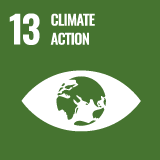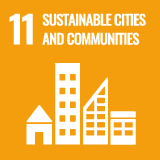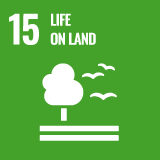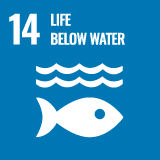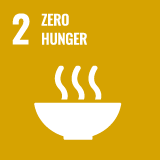


What is a hurricane?
A hurricane is a storm with rapid formation that originates over an ocean with a temperature of at least 26ºC, which must be sustained. As soon as hurricanes reach land, they lose their energy.
Depending on the region of the planet where it develops, a hurricane can be called a cyclone or typhoon. Hurricanes in the North Atlantic basin (Gulf of Mexico and the Caribbean) originate as storms off the west coast of tropical Africa. The continued increase in the surface temperature of the Atlantic Ocean (SST) is what provokes the increase in frequency and intensity of hurricanes in the Caribbean. In this region, the hurricane season is mainly from the months of June to November.
- Category 1: sustained winds of 119 – 153 km/h
- Category 2: sustained winds of 154 – 177 km/h
- Category 3: sustained winds of 178 – 208 km/h
- Category 4: sustained winds of 209 – 251 km/h
- Category 5: sustained winds of > 251 km/h
The climatic events of speeds below 119 km/h are known as Tropical Storms (sustained wind speeds of 63-118 km/h) and are recorded, along with hurricanes, with proper names following the letters of the Latin alphabet.
Mega hurricane season in 2020
Since 1850 records of hurricanes have been kept, allowing to establish, in the North Atlantic, an annual average of 12 named storms, of which 6 were hurricanes. Among these, 3 were hurricanes greater than or equal to Category 3.
The year 2020 registered 30 named storms, 13 hurricanes, 6 of which were equal to or greater than Category 3, a figure well above the annual average if one compares the data. The cyclonic activity of 2020 was so intense that it was necessary to access the Greek alphabet to name the last ten named storms.
An increase in the frequency and intensity of hurricanes has been observed in the Caribbean region (Mexico, Central America and the Caribbean), going from 93 named storms and 17 hurricanes, equal to or greater than Category 3 between 1980 and 1989 to 155 named storms and 30 hurricanes equal to or greater than Category 3 between 2010 and 2019.
What damage do hurricanes leave?
Global warming is affecting hurricanes in several ways:
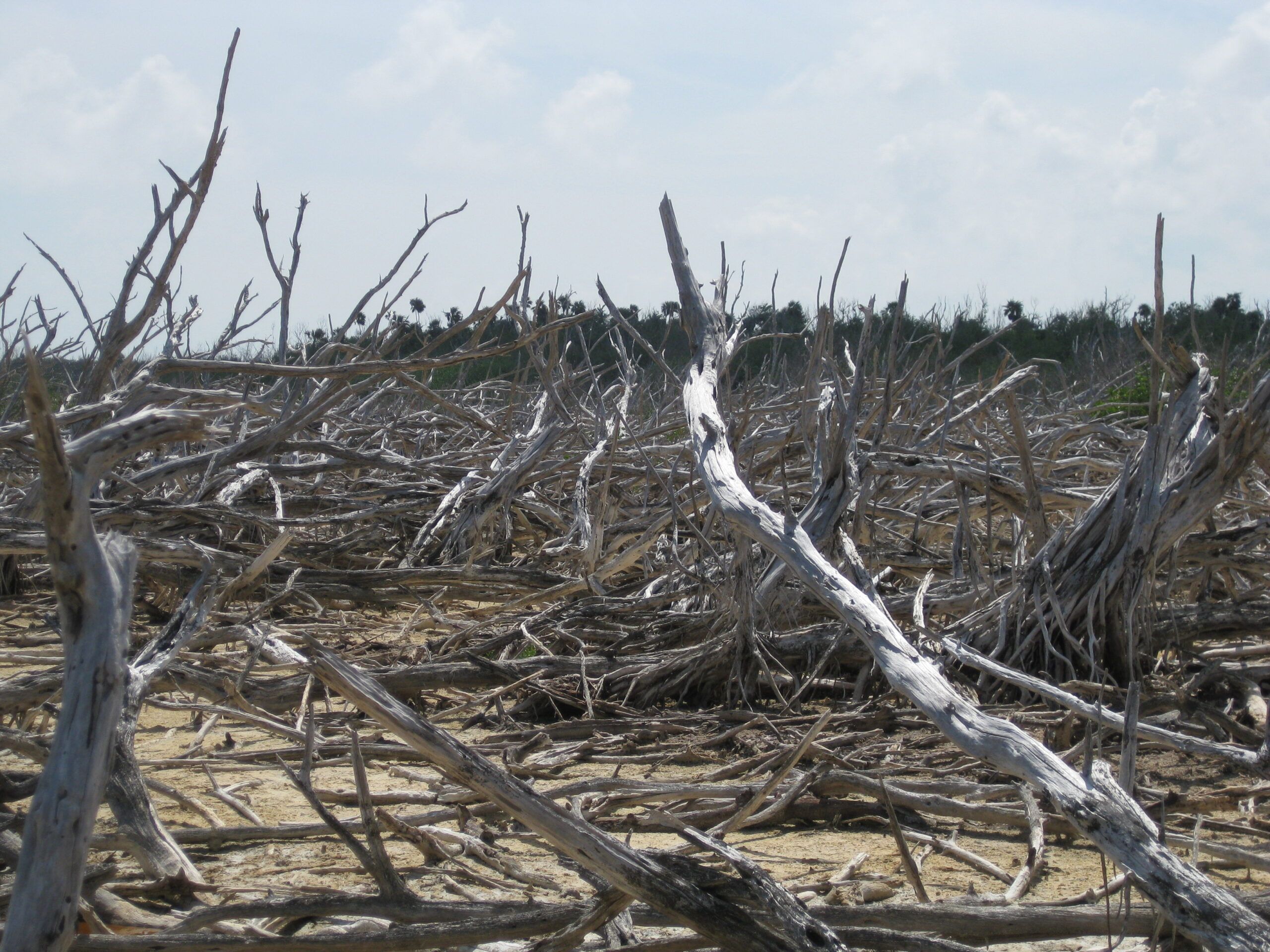
Damaged mangrove in Cozumel (Mexico) after the 2005 hurricanes. Source: Jorge Herrera, CINVESTAV
- They have become more frequent (the ocean has a temperature increasingly more frequent above 26°C)
- They are more intense (this depends on the wind and the wind depends on the heat of the ocean)
- They travel at a slower speed (The eye of the hurricane is moving at ever slower speeds. As an example, Hurricane Sally in 2020 moved at speeds of 3 km/h over Texas)
- The amount of rainfall that accompanies hurricanes has increased (warmer atmospheres contain higher humidity)
- The impact has increased outside the tropics and at distances further from the coast (the higher the energy, the longer the assets survive outside the ocean)
Tropical Storms have also increased greatly in the Caribbean and, despite having less intense winds, accumulate large concentrations of precipitation due to the increasingly hot temperature of the atmosphere, which accumulates more humidity. In coastal mangrove ecosystems, storm and hurricane damage is currently not caused so much by the physical force of the wind (uprooting, defoliation, and tree felling), but by the enormous amounts of rainfall that floods affected areas.
On many occasions, the physical force of the wind blocks and undermines the drainage channels of the mangroves and keeps the areas flooded long enough to kill them.
In the case of marine ecosystems, shallow reefs suffer kinetic damage from hurricanes, resulting in the rupture of coral structures.








